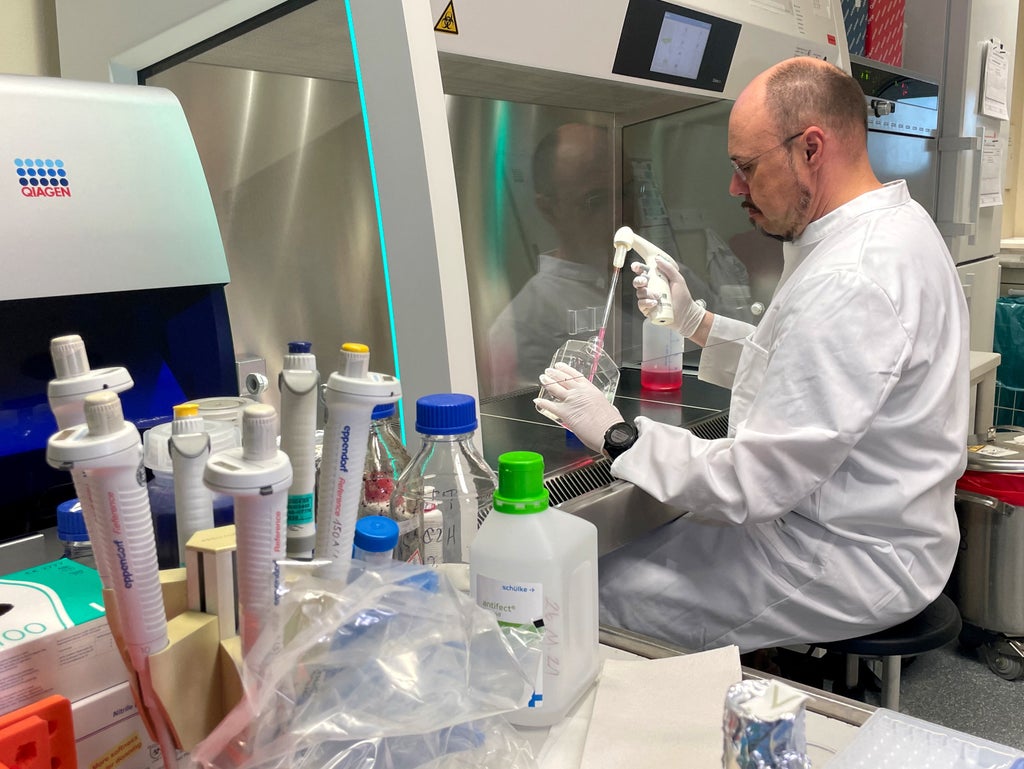
The UN has warned against news reports that enable “homophobic” and “racist” stereotypes over the recent monkeypox outbreak, in a call for more sensitive coverage.
Evidence has shown people are most at risk of contracting monkeypox after having close physical contact with someone who has the disease.
This is not limited to the male LGBT+ community, the UN Programme on HIV/Aids (UNAids) has said in a statement, citing the World Health Organisation (WHO), adding that some reports of the global outbreak could “reinforce homophobic and racist stereotypes and exacerbate stigma”.
Urging for a rights-based and evidence-based approach from the media, governments and communities, Matthew Kavanagh, a top UNAids official, said “stigma and blame undermine trust and capacity to respond effectively during outbreaks like this one”.
“Experience shows that stigmatising rhetoric can quickly disable evidence-based response by stoking cycles of fear, driving people away from health services, impeding efforts to identify cases, and encouraging ineffective, punitive measures,” said the UNAids deputy executive director.
He added that the UN body welcomed the efforts of the LGBT+ community for raising awareness on monkeypox and underlining that it could affect anyone.
“This outbreak highlights the urgent need for leaders to strengthen pandemic prevention, including building stronger community-led capacity and human rights infrastructure to support effective and non-stigmatising responses to outbreaks,” Dr Kavanagh said.
More than 90 laboratory-confirmed cases from a dozen countries have been reported, according to WHO.
It added that some of these cases have been identified through sexual-health clinics and are being investigated.
The situation on the spread of monkeypox is evolving, the UN health agency said, adding that officials have expanded surveillance with more cases set to be identified.
“To date, all cases whose samples were confirmed by PCR have been identified as being infected with the west African clade,” the agency said.
Classified as a viral zoonosis, monkeypox is a disease that is transmitted to humans from animals and the symptoms are similar to those seen in patients of smallpox.
Monkeypox, however, is considered clinically less severe.
The virus is transmitted among humans via close contact of lesions, body fluids, respiratory droplets and contaminated materials such as bedding.
The incubation period of monkeypox is usually from six to 13 days but can range from five to 21 days, the UN body has said.







